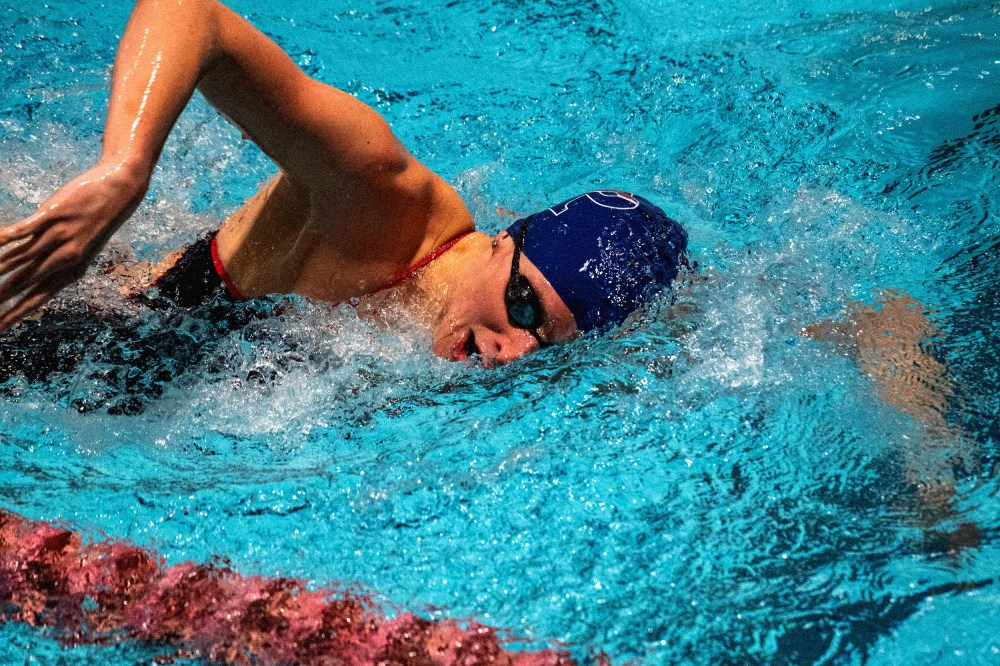When USA Swimming announced a new policy on transgender inclusion on Tuesday, it effectively ended the collegiate career of University of Pennsylvania swimmer Lia Thomas. But in the midst of an extended transphobic media campaign against Thomas, the association’s rushed decision also opened it up to questions about its administrative process.
It’s hard not to see this move as targeted at Thomas specifically.
USA Swimming’s policy update came after both the NCAA and the International Olympic Committee suddenly updated their rules on transgender participation to allow national and international sporting bodies to decide on rule sets on a sport-by-sport basis.
Now, these policies don’t matter in most sports because, frankly, there is only a handful of elite trans female athletes in any sport.
So it’s unsurprising that the first to take action was USA Swimming, which has run into controversy thanks to the excellent performances, and subsequent panicked media coverage, of Thomas. It’s hard not to see this move as targeted at Thomas specifically. Sixteen of her UPenn teammates issued a letter Thursday applauding the policy change and claiming Thomas has “an unfair advantage,” in response to a competing letter from a group of teammates who support her participation.
Right-wing and British media have constructed an image of Thomas as this unbeatable swimming machine on the verge of shattering every women’s swimming record ever recorded. In fact, nothing could be further from the truth. Yes, she’s won a lot of her races this year — but not all of them.

I’ve written about this before, but the pushback against trans athletes largely stems from broader cultural assumptions about men and women — assumptions, it must be said, that were formed thousands of years before anyone imagined a trans woman playing in sports. To this point, no trans woman holds an elite women’s world record in any sport, and the only openly trans athlete to compete in the Olympics, weightlifter Laurel Hubbard, finished last in her event.
That hasn’t stopped the international transphobic news corps from rushing to make every trans woman and girl who finds even a whiff of success a multinational target for transphobes. And Thomas has arguably received the brunt of it.
The pushback against trans athletes largely stems from broader cultural assumptions about men and women — assumptions, it must be said, that were formed thousands of years before anyone imagined a trans woman playing in sports.
The rhetoric on the anti side is much too outlandish and unhinged to engage in a rational debate on this issue. But no matter how you feel about trans women competing in women’s sports — and I realize I’m on the minority side on this — I think we can all agree that we want everything to be fair, including the decisions made by sport governing bodies like USA Swimming.
Judging by the public statements and process used by USA Swimming, it’s pretty clear that Tuesday’s updated policy was meant to specifically exclude Thomas from competition.
For one thing, the new NCAA policy says if there isn’t a specific national sporting body policy, then it would default to the international governing body’s policy. However, FINA, which creates and enforces international rules in water sports, is still deliberating and researching its new policy.













